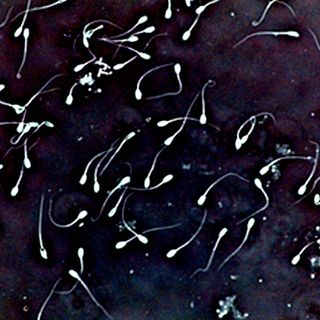A new study is challenging the well-established theory that hormone imbalances are behind postpartum depression, finding a possible immunological cause after observing inflammation in the area of the brain related to mood regulation.
The study, which relied on animal models of postpartum depression, is far from conclusive. But it does add to a growing line of inquiry into postpartum depression, a condition that may affect up to 22% of new mothers in India.
“We’re really excited because this suggests that inflammation in the brain may be a potential contributor to postpartum depression,” says Kathryn Lenz, the study’s co-author and an assistant professor of psychology at The Ohio State University, US. “Eventually, this might provide a better target for treatment, whether through medication or other techniques such as meditation, diet and stress reduction.”
Read more: Women With Ongoing Pain After Giving Birth More Prone to Postpartum Depression
Previous studies examining any link between the immune system and postpartum depression have turned up mixed results, but these looked for inflammation markers in the blood. In the new study, the researchers looked for inflammation markers in brain tissue, finding that stress during pregnancy — a well-known risk factor for postpartum depression that researchers used to induce a depressive state in the animal models — changed how certain immune cells in the brain, called microglia, functioned.
Read more: Struggling with Postpartum Depression in India
Whether the same is true for humans remains to be seen. But the researchers are already right about one thing: “Postpartum depression is understudied and, as a result, remains poorly understood,” says the study’s lead author Benedetta Leuner, an associate professor of psychology at the University.
Here’s hoping this new research, however tenuous at the moment, adds to experts’ understanding of the condition long term.




